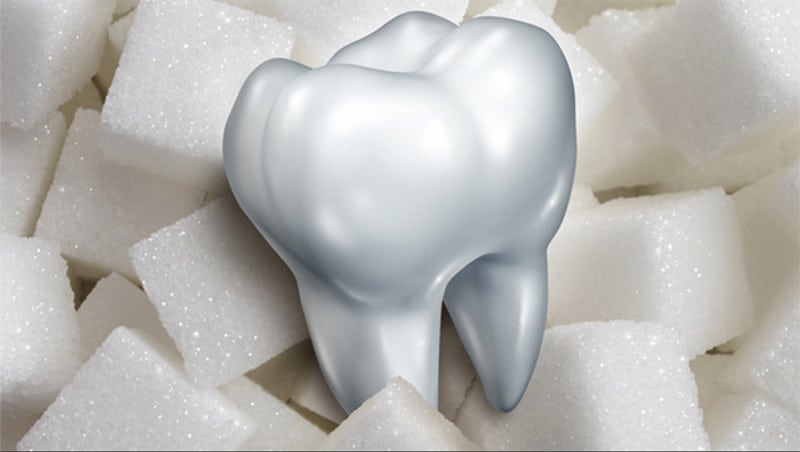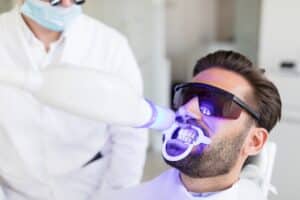What is Diabetes?
Diabetes is a serious health condition that happens when sugar in its glucose form becomes too high in the blood. The body is therefore unable to use it properly. High glucose levels in the blood can cause serious health complications if left untreated.
Our cells use sugar as fuel, but with diabetes, this sugar is unable to enter the body’s cells. The key that allows sugar to enter those cells is a hormone called insulin.
Types of Diabetes
In type 1 diabetes, insulin is not available to unlock the door for glucose to enter the cells. This type of diabetes is described as an autoimmune condition where the body attacks and destroys cells that produce insulin.
In type 2 diabetes, the body does not produce enough insulin, or the insulin itself is unable to function properly, allowing glucose to gradually increase in the blood.
Unfortunately, both types of diabetes affect the body in negative ways. They can wreak havoc on the eyes, kidneys, heart and mouth. Therefore, the health of our gums and teeth is connected to diabetes and vice versa.
Research shows that there is an increased presence of gum disease among people with diabetes, adding it to the list of other harmful effects associated with this condition.
How Diabetes Affects the Mouth and Vice Versa

Diabetes affects the way the body reacts to bacteria and hinders tissue repair, making the mouth more vulnerable to oral infections. Inflamed gums, early tooth loss and rapid bone destruction are most commonly found in patients with diabetes.
Dry mouth can also occur, decreasing the flow of saliva. This allows more bacteria to grow and multiply, giving rise to dental decay. Since people with diabetes have compromised immune systems, the naturally occurring fungi in the mouth may get out of control and result in fungal infections.
Thrush or oral candidiasis produces white or red patches that may progress into ulcers. It also attacks the tongue, resulting in a burning sensation and may also cause difficulty when swallowing. This fungal nightmare occurs more often among people who smoke, wear dentures, or have high glucose levels.
Gums burdened with bacteria are a cause for concern, not only because of the damage they do to the teeth but also because of the toxic substances they release.
These toxins enter the bloodstream and start a domino effect that causes inflammation. The body then becomes unable to use insulin properly, leading to an increase in blood sugar levels.
Below are a few oral hygiene recommendations for diabetes:
- Nutrition is a very important cornerstone in managing diabetes. Damaged or decayed teeth should also be fixed in order to facilitate chewing.
- Oral care should involve brushing one’s teeth extremely well and using alcohol-free mouthwash.
- Quitting smoking is a precondition to controlling diabetes. It frees the mouth from the burden that comes along with smoking, such as teeth discoloration, plague and tartar.
- Routine dental appointments should be an integral part of a diabetic person’s life.
- Controlling blood glucose goes a long way in protecting the mouth from oral diseases.




